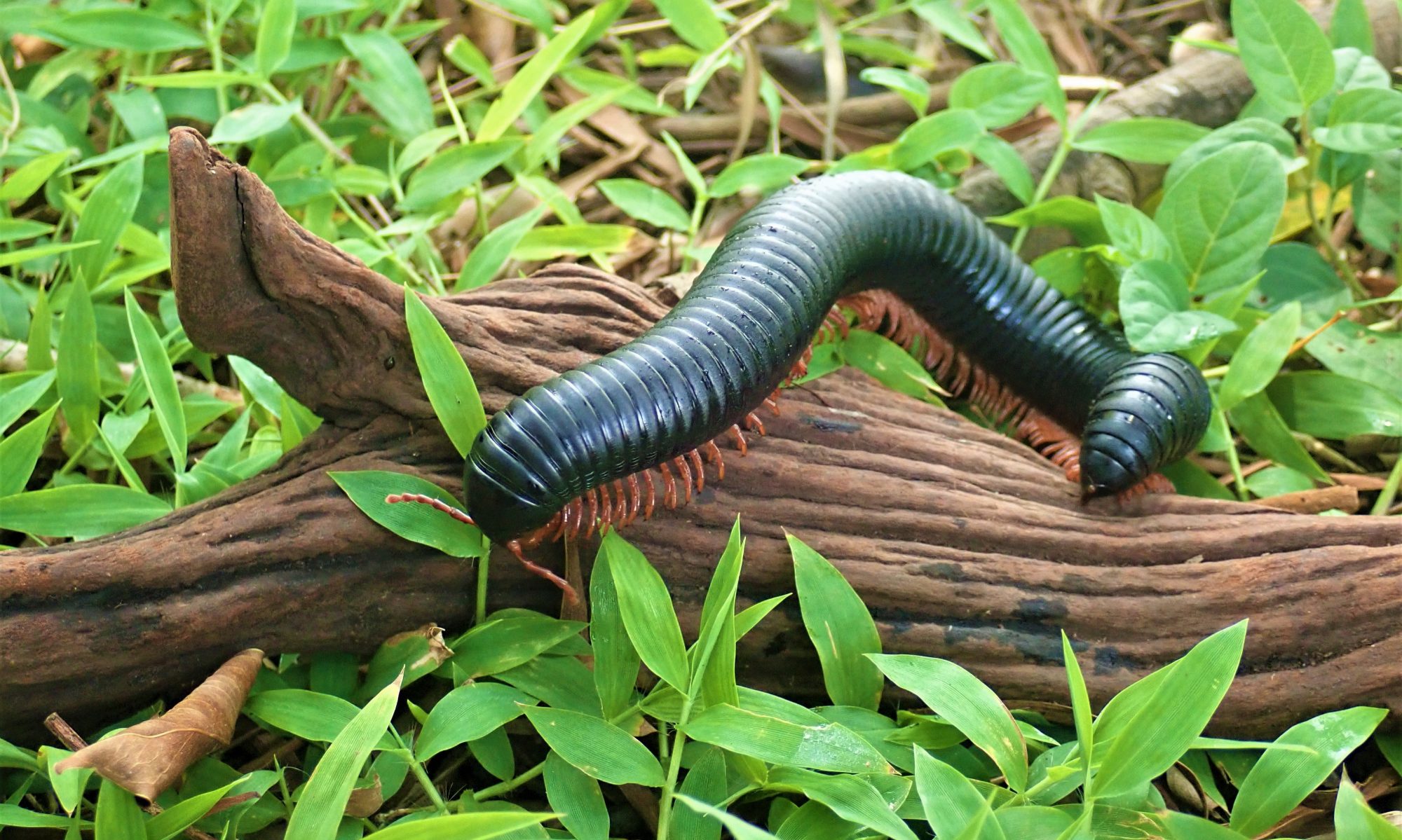Project Background
The key to future biodiversity conservation lies in the hands of the younger generation, and their commitments and engagements are crucial to the success of a city’s future. In recent years, people start to have a higher awareness in conservation and biodiversity.
Such nurturing or promotion of biodiversity awareness has long been commonly regarded as the efforts of NGO community or business sector, and academics have sometimes been treated as the outcasts on only carrying out the “blue skies research”.
Regardless of how such misconception is being arisen, it is undeniable that one of the fundamental hindrance or reasons for the lack of motivations for academics in carrying out this type of project in contemporary Hong Kong is due to the lack of research elements in these projects.
In recent years, citizen science is becoming more popular, and the level and scope of citizen science has been fast-growing and improving worldwide.
In Hong Kong, most of the public engagement activities remain involving volunteers in certain campaigns based on what others have found, citizens are rarely part of the process in contributing to the new knowledge generation process, whereas such experience is important in promoting the understanding of biodiversity.
To educate the public and provide a more thorough understanding of biodiversity to our younger generation via their hands-on experience, which in turn will promote a more sustainable way in conserving biodiversity. This project proposes to get the first trial of novel citizen science method in a smaller scale by carrying out a research-based citizen project targeting at secondary school students.
Hong Kong’s climate and geographical location create rich biodiversity. Investigation of the soil macrofauna biodiversity of Hong Kong will be carried out together with secondary school students, NGO, and university academics. Among all soil macrofauna, millipedes represent outstanding ecological importance and play crucial role in decomposition and nutrient cycling. Nevertheless, they remain one of the poorest studied animal groups on our planet, and their situations in Hong Kong are inadequately explored. In view of the abundance and easiness of access , millipedes were chosen as the target organisms of this project.
Project Introduction
This citizen science project recruited secondary school students as the citizen scientists to conduct sample collection, and workshops were organized regularly to share knowledge and message on soil biodiversity and conservation, as well as scientific research and biotechnology. Content of the workshops was released to this e-platform, and is accessible for the public.
A total of 20 secondary schools participated in this project, covering Hong Kong Islands, Kowloon, and New Territories. The number of participated teachers and students is over 500.
Students’ main duty was to conduct sample collection at sites in or outside of schools regularly, take photos of the discovered organisms and preserve them. Then, the research team carried out experiments, to extract DNA from samples and identify them using DNA Barcoding method.
The data obtained from this project, such as species name, photos, and sites discovered was released on this website, the data will be publish in academic journal.
After 1-year sample collection, 150 soil macrofauna species were discovered, 73 of them were identified up to species level. There were 23 millipede species, accounted for 15.3% of the total. Other organisms included earthworm, spider, centipede etc. If you wish to know more about the detail findings, please check the following sections:
Conclusion
Although this is a first trial of a novel way to propose a research-based citizen project, and there are still a lot to improve, the findings showed that there could be a lot more to explore in the world beneath our feet. This project took a first step in revealing the situation of the soil biodiversity of Hong Kong, and we are hoping more and more people will be interested in exploring deeper.

